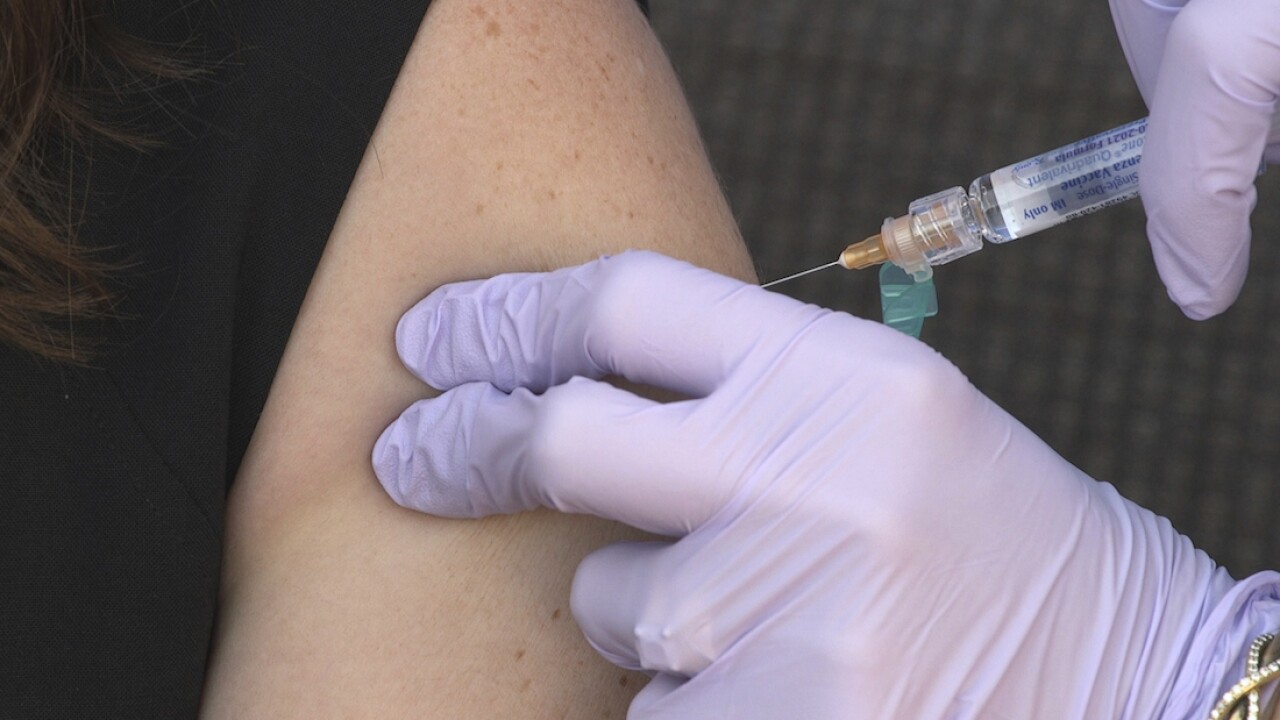TUCSON, Ariz. (KGUN) — The number of people hesitant to get the Covid-19 vaccine has been dropping in recent months.
But will pausing the Johnson & Johnson vaccine feed into people's hesitancy to get one of the other two vaccines?
"Vaccine hesitancy is dropping," said Dr. Elizabeth Connick, Chief of Infectious Diseases at the University of Arizona. "More people felt comfortable about getting vaccinated. I hope that will continue."
Dr. Connick is referring to numbers from a recent Gallup poll.
Back in December, 65% of Americans said they had already received a Covid-19 vaccine or were willing to get one.
That number jumped to 74% in Gallup's latest polling.
But that came before issues with the Johnson & Johnson vaccine.
Earlier this week, the FDA and CDC recommended a pause of the Johnson & Johnson vaccine "out of an abundance of caution" because of rare but dangerous blood clots.
Health officials hope this won't affect people's decision about getting the other two vaccines.
Both Moderna and Pfizer use a completely different type of vaccine than Johnson & Johnson.
Education is important to help people make an informed decision about the vaccine. So is compassion, according to Dr. Connick.
"When I meet someone who is hesitant, I try to understand why and address their concerns," Dr. Connick explained. "I think it's reasonable for people to have questions about something that's going to be put in their body. If you approach them respectfully and try to understand what is worrying them. Often I can give them information that reassures them."
Dr. Connick says young people are often the hardest to convince because their impression is they are least affected by the virus.
She tells them to get it for their community.
"Even if you fight it off well, it gives the virus another chance to mutate when it replicates in you," said Connick. "You can spread it to other people who will potentially die from it. I try to convince them that they need to do it for the community to help create herd immunity."
The CDC says current data suggests around 70% of the population would need to be immune to the virus to achieve herd immunity.
That is a number likely only achieved with widespread vaccination.





